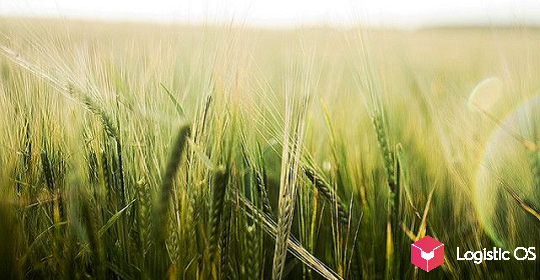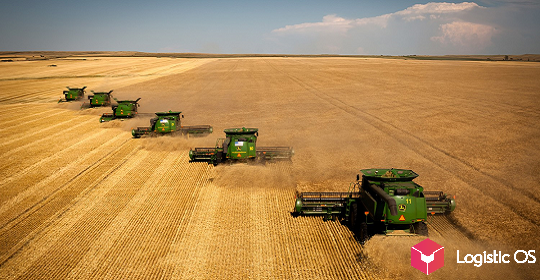It has become known that Sberbank has decided to withdraw from the preferential lending program for the agricultural sector.
In connection with this decision made by Sberbank’s management, the Ministry of Agriculture has already redistributed the preferential lending limits to other banks.
The reasons for this decision are of particular interest. There is information that it was made at a meeting with the participation of the Ministry of Agriculture, government representatives and businessmen.
Sberbank noted that the current situation does not encourage issuing short-term loans, in particular, due to the high key rate of the Central Bank.
Some experts expect serious negative consequences in connection with this decision by Sberbank, since it financed a large number of investment projects and was a leader in this area.
A large number of Russian farmers chose this bank because it is well-known, enjoys high trust, and, in addition, it has well-established processes for issuing such loans, unlike many competitors.
The problem is that if Sber, the leader of the Russian banking market, considered it risky and unprofitable to lend to agricultural producers, then similar decisions could certainly be made by other banks, which could hit the industry even harder.
At the same time, it cannot be said that Sber decided to stop lending to agricultural producers suddenly.
In the last 3 months of last year, it took a break in this matter, so the market was already set on the fact that this pause could be extended.
At the moment, the main bank that provides support to agricultural producers, including issuing preferential loans for businesses, is Rosselkhozbank.
The Ministry of Agriculture assures that even if new banks refuse to issue preferential loans, their limits will in any case be transferred to other banks, so no risks should arise in this regard.
The department also plans to monitor the issue of sufficiency of financing for the agro-industrial complex on a weekly basis.
However, it is possible that the redistribution of limits, as well as their receipt by those banks that previously did not actively issue agricultural loans, will lead to delays in their issuance and to a complication of the procedure, which may negatively affect the activities of farmers, who should already be preparing for sowing.
In general, in 2024, banks issued about 1.2 trillion rubles to farmers, which is almost 3% higher than in 2023. In particular, Rosselkhozbank increased lending volumes by 3.4%, and Sber — by 1.3%.

